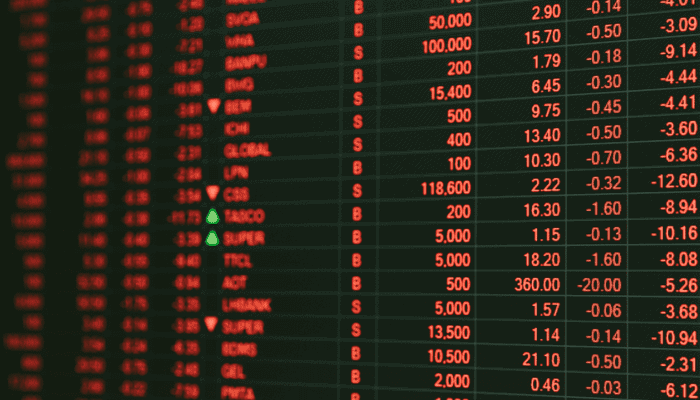The current economic climate is quite uncertain at the moment. Not just the crypto in bitcoin (BTC) markets are ailing, the traditional stock markets have also lost the euphoric sentiment of recent months. According to Mike McGlone, senior analyst at Bloomberg, this has everything to do with the policy of the US central bank, the Federal Reserve (Fed).
‘Bitcoin is the least risky’
McGlone makes no bones about it and states during a podcast Many crypto investors who expect significant price increases in the crypto markets in the short term are disappointing. In his view, the Fed’s policy has virtually guaranteed an end to the seemingly endless… gains.
The advice McGlone gives is that one should not go against the policy of the Fed. The central bank is trying to control soaring inflation, which is why interest rates are being thrown up and risky assets are suddenly a lot less attractive.
He does suggest that there is a positive side to this bitcoin can stick to. According to McGlone, bitcoin is becoming less inherently risky. He therefore expects that bitcoin will be a huge advantage during this period of uncertainty as a result of Fed policy.
“Here’s my prediction: The markets will step back and we’ll get a 10%-20% correction in the stock market. All correlations are one, and that’s how it usually works. Bitcoin will come out better.”
Healthy Caution
Mike McGlone isn’t exactly the only analyst who doesn’t expect us to see much in the near future bullish will see price action in both the crypto markets and the stock market. Also the ex-CEO of crypto exchange BitMEX, Arthur Hayes, expect a turbulent period.
According to him, the astronomical rises in both stocks and cryptocurrencies over the past year have been largely the result of riotous monetary policy by central banks. Now that they are changing their policy, it is not surprising to expect that the prices will react strongly again, according to Hayes.
According to him, it is possible that bitcoin could sink much deeper if the growth of the money supply (M2) goes to 0%, or even becomes negative.
–


